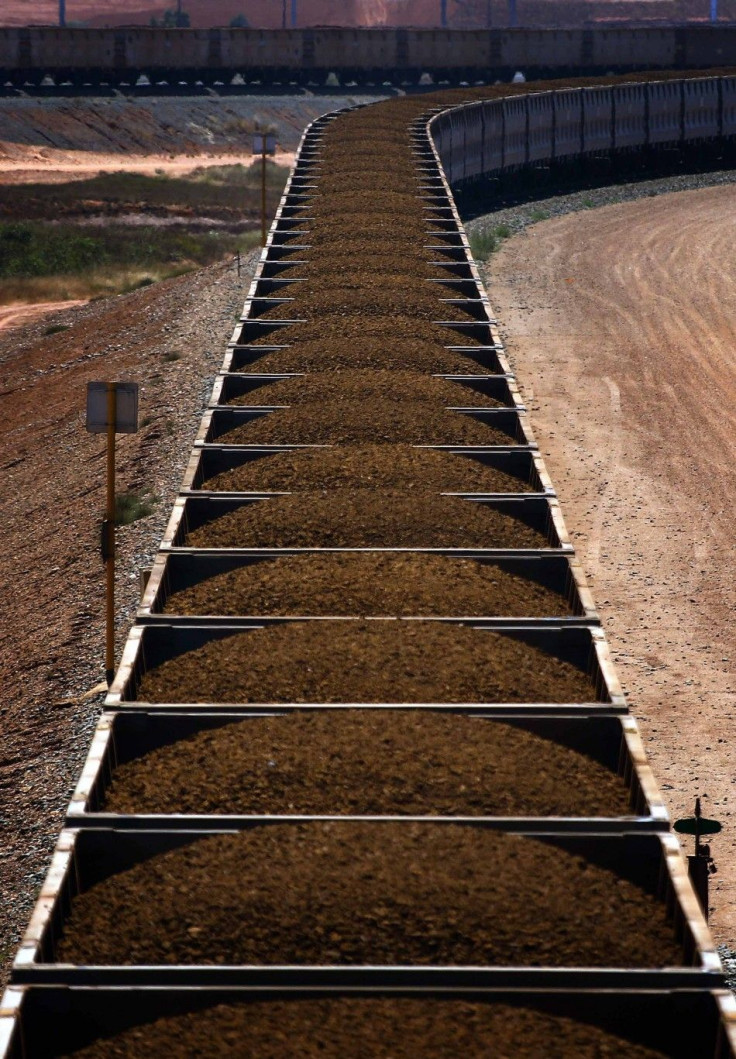Sundance Resources Pushes Through With $3.5B Cameroon Iron Ore Project

Even if commodity prices are on a downtrend, Australian miner Sundance Resources said over the weekend that it would go ahead with its $3.5-billion iron ore project in Cameroon.
It also announced the appointment of engineering and construction firm Mota-Engil Africa to build the port and rail project, while the Standard Bank of South Africa will be its financial adviser.
Export credit agencies, development funds and commercial banks have sent feelers indicating their interest to provide debt funding.
Mota-Engil will construct the 510-kilometre railway, 70-kilometre rail spur line and 35 million tonnes per annum deep water port on the west coast of Cameroon.
Giulio Casello, chief executive of Sundance, said the Mbalam-Nabeba iron ore project would be one of the lowest cash-cost producing assets in the world as it positions itself as the most attractive global large-scale, high-grade iron ore project.
Because of its size, the mine is expected to boost the African country's economy by 10 per cent once it goes into production. Cameroon Prime Minister Philemon Yang described the contract between Mota-Engil and Sundance as a significant milestone.
Construction is scheduled to start in mid-2015 and is expected to be complete by the end of 2018.
Since January 2014, price of iron ore has gone down by about 30 per cent and went below $100 per tonne for the first time in May 2012 because of excessive supply.





















